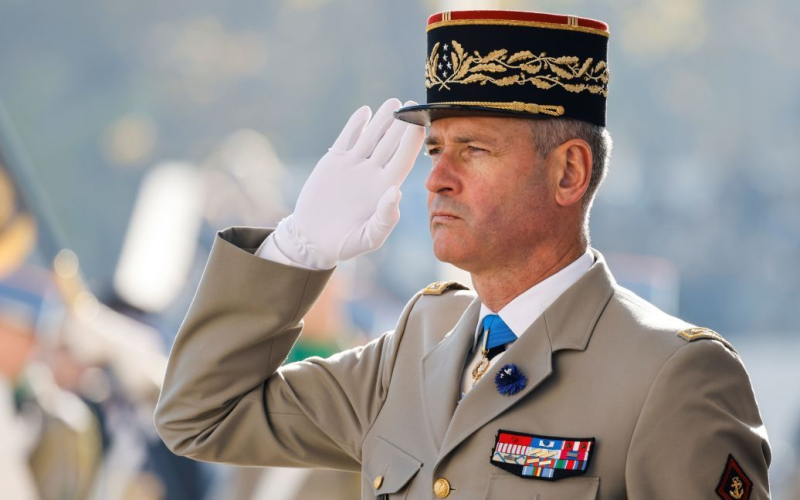
France is able to allocate one division, that is, about 20 thousand people, to participate in the coalition for 30 days.
France's strategic solidarity with its allies, mainly in Europe and within NATO, requires it to have trained armed forces to defend against aggression and defend its interests in each geographical region.
General, Chief of the General Staff of the French Army Pierre Chille spoke about this in an author’s column in Le Monde.
“France has international responsibility. It has interests and territories in every geographical region. It is bound by defense agreements with states that are at great risk. To protect itself from aggression and defend its interests, the French army is preparing for the most severe obligations, declaring it and demonstrating it “, the general wrote.
The army is adapting, he said, to ensure the security of the French people and contribute to the security of its allies, mainly in Europe. She participates in a large-scale transformation and strengthens her capabilities.
“France is capable of dedicating one division, that is, about 20 thousand people, to participate in the coalition for 30 days. It is capable of commanding a coalition army corps of up to 60 thousand people, combining the French division and national forces with one or several allied divisions. The corps headquarters is an important structure for the management of ground operations of varying intensity, from crisis management or reassurance missions to high-intensity operations,” wrote the chief of the general staff.
Pierre Schille insists that the army is not only a military but also a democratic instrument, allowing France to assume autonomous responsibilities as a framework country in NATO or within an ad hoc coalition.
“Whatever happens in the international situation, the French can be sure that their soldiers will be there,” assures Schille.
French President Emmanuel Macron did not rule out that in the future, NATO troops could be brought into the territory of Ukraine. However, “there is no consensus yet regarding the deployment of troops.” Most NATO countries have ruled out sending their troops to Ukraine.
Related topics:
More news

